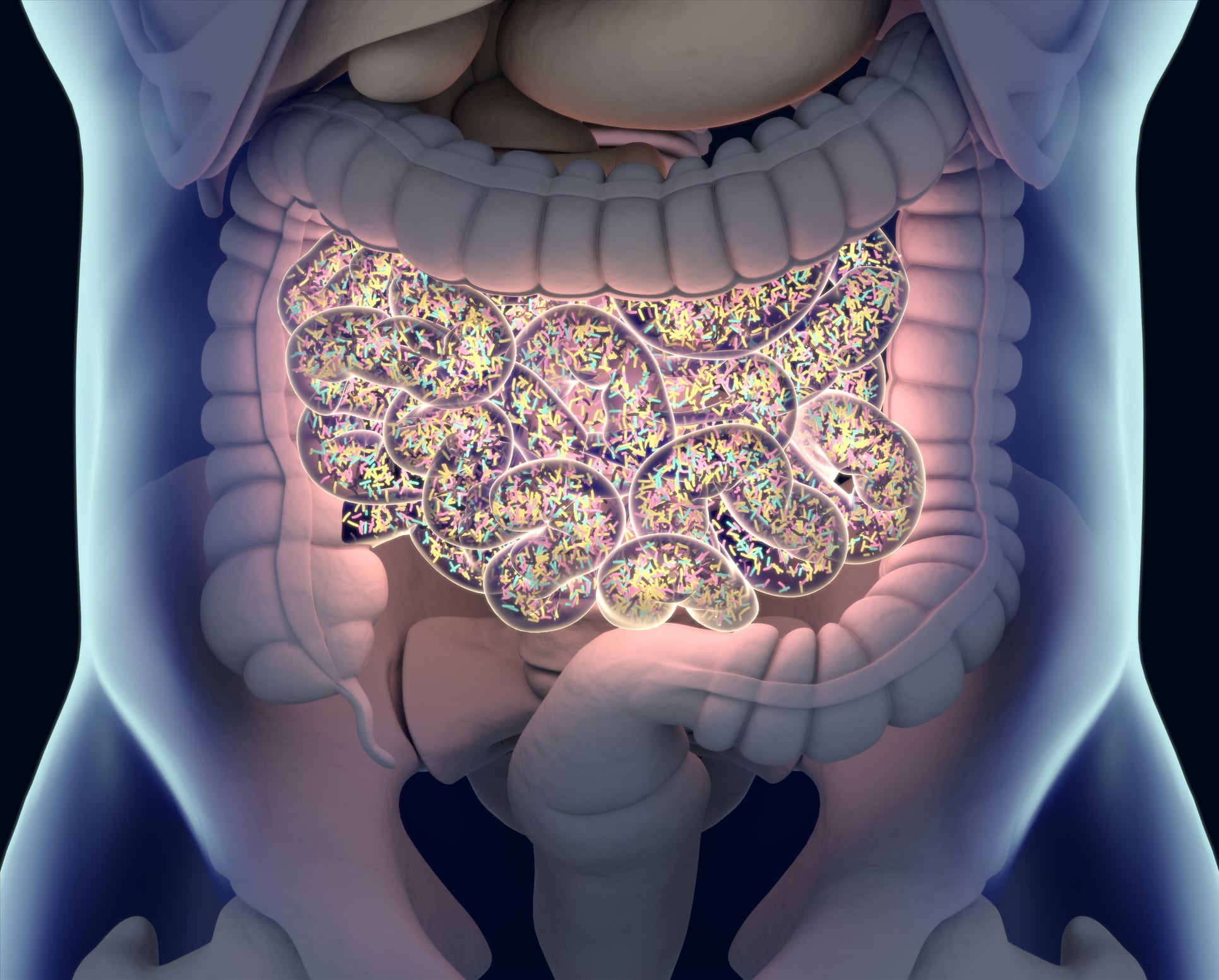Short-chain fatty acids (SCFAs), such as acetate, butyrate, formate and propionate, are the main end-products resulting from the fermentation of non-digestible carbohydrates that become accessible to the gut microbiota. They have a role in glucose metabolism, lipid metabolism, appetite regulation, and the immune system. Unhealthy diets that are rich in saturated fat and refined sugar, along with decreased physical activity, have been linked to gut microbiota dysbiosis, which may cause impaired glycaemic control.
Several studies, mostly in animals, have indicated that non-nutritive artificial sweeteners (NNSs) have the propensity to change the gut microbiota while others have found no such link.
Researchers from University of Manitoba in Winnipeg, Canada, carried out the current study, involving 17 health adult participants, to discover the effects of aspartame and sucralose at levels reflecting a high habitual diet soda intake in healthy participants, and the possible effect on the gut microbiome. This is the secondary outcome of the previously published clinical trial.
The authors conclude: "We found that daily oral consumption of beverages sweetened with 136 mg/day sucralose or 425 mg/day aspartame did not measurably affect the gut microbiota in healthy participants. Additionally, we did not detect a change in the gut microbiota structure. SCFAs were also unaffected by aspartame and sucralose consumption. The doses of NNS used in this study resemble an intake of approximately three 355 mL cans of beverages per day."
This was the first study to assess repeated daily oral intake of beverages sweetened with a pure powder of sucralose or aspartame by healthy adults in a double-blinded, randomised, crossover study.
This is in contrast to the many of microbiome studies conducted in animal models, however, the authors suggest their applicability to human health and disease may be limited.
The study
Seventeen healthy participants between the ages of 18 and 45 years, who had a body mass index (BMI) of 20–25, undertook two 14-day treatment periods separated by a four-week washout period. The sweeteners consumed by each participant consisted of a standardised dose of 14% (0.425 g) of the acceptable daily intake (ADI) for aspartame and 20% (0.136 g) of the ADI for sucralose.
Faecal samples collected before and after treatments were analysed for microbiome and short-chain fatty acids (SCFAs).
The primary outcome was to assess the effect of aspartame and sucralose on glucose metabolism in healthy adults and it was shown that daily consumption of pure aspartame or sucralose for 14 days did not measurably influence glucose metabolism or insulin sensitivity in healthy adults.
Across treatment groups, the relative proportions of the most abundant bacterial phyla and genus-level taxa were similar before and after treatments (p > 0.05), and the microbiota community structure did not show any obvious differences.
Sucralose or aspartame treatments did not cause changes in six faecal metabolites, including acetate, propionate, butyrate, isovaleric acid, valeric acid and hexanoic acid.
Some limitations should be noted. For example, the 14-day intervention period might not be enough to observe changes in the gut microbiota or the SCFA, but this timeframe happened to accommodate the washout periods and multiple treatment periods in this crossover trial and minimise the drop-out rate that might result from a prolonged duration of study.
There could also be a limitation in the study design as this study was powered mainly to look at the effect of NNS on blood glucose levels, and not powered to look at the effect of NNS on the gut microbiota, which was an exploratory outcome.
The primary results of this study conclude that daily repeated consumption of pure sucralose or aspartame for 2 weeks had no effect on glucose metabolism among normoglycaemic adults but it was noted that longer intervention studies are required.
Research background
This report notes that many of the acute studies of the biological fate of sucralose in animals and humans have shown that sucralose is not absorbed but is eliminated unchanged in faeces, which makes it unlikely to be a substrate for gut microbiota, which support sucralose safety.
The current report notes its findings contend with the results of a number of other studies on this subject.
It states: "Unlike the current study's findings, previous animal studies have shown different effects of NNS on different bacterial genera. It has been suggested that these disruptions in the gut microbiome might interfere with host gut functions and could impact health. Additionally, some animal studies have shown changes in of SCFAs."Extrapolating NNS animal data to humans must be done cautiously as animal data is often a poor predictor human response.
"There is also a paucity of clinical trials measuring the effect of aspartame or sucralose on the gut microbiota."The strength of our study is the design, which was double-blind, and randomized, with a crossover, and we included male and female participants. We believe that another strength of our study comes from the use of the pure form of sucralose and aspartame powders in order to steer clear of other ingredients that are present in diet soda or packaged NNSs (i.e., Splenda) and then to examine the overall effect of diet soda."
Source: Nutrients
Mackay. D., et al
"The Effects of Non-Nutritive Artificial Sweeteners, Aspartame and Sucralose, on the Gut Microbiome in Healthy Adults: Secondary Outcomes of a Randomized Double-Blinded Crossover Clinical Trial"
https://doi.org/10.3390/nu12113408


